|
The IMF throws out a lifeline to countries that have hit a rough financial patch. As part of its assistance the IMF insists that they take bitter medicine to deal with the root causes of their financial woes. But Tim Forster, Bernhard Reinsberg and Thomas Stubbs say the IMF’s medicine leaves behind a bitter aftertaste of adverse social implications, primarily inequality.
A deadly spike in killings in parts of South Africa’s parliamentary capital Cape Town has prompted the government to deploy the army. Lindy Heinecken explains why militarisation exacerbates rather than solves problems. And that the longer term impact is bound to be negative.
|
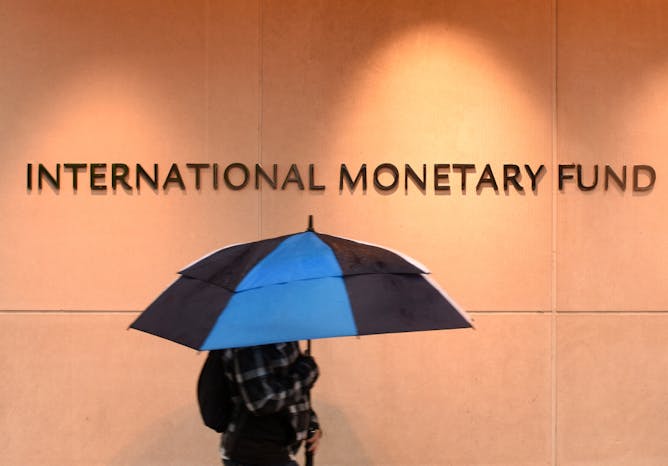
The IMF headquarters in Washington DC.
Shutterstock
Timon Forster, Freie Universität Berlin; Bernhard Reinsberg, University of Glasgow; Thomas Stubbs, Royal Holloway
The IMF has increasingly turned its focus to growing inequality worldwide. Ironically, research shows that policy reforms it mandated exacerbated income inequalities.
|

Shaldene Prins is supported by a policewoman at the funeral of her husband who was killed during gang violence.
Barry Christianson/ New Frame
Lindy Heinecken, Stellenbosch University
The biggest problem with using the military to fight rime is that soldiers are not trained for law enforcement, but warfare, using maximum force.
|
Science + Technology
|
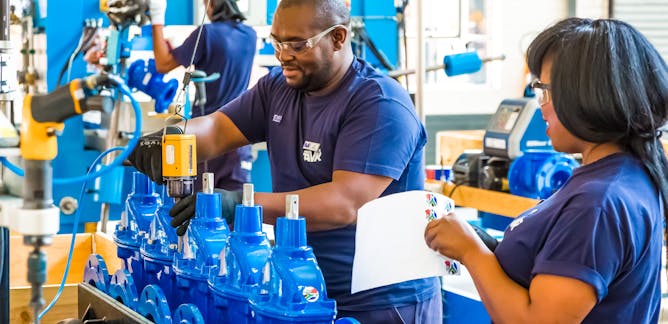
Benjamin Roberts, Human Sciences Research Council; Jare Struwig, Human Sciences Research Council; Narnia Bohler-Muller, University of Fort Hare; Steven Gordon, Human Sciences Research Council
The governments needs to adjust its agenda to take on board concerns voiced by citizens about the impact of technological changes.
| |
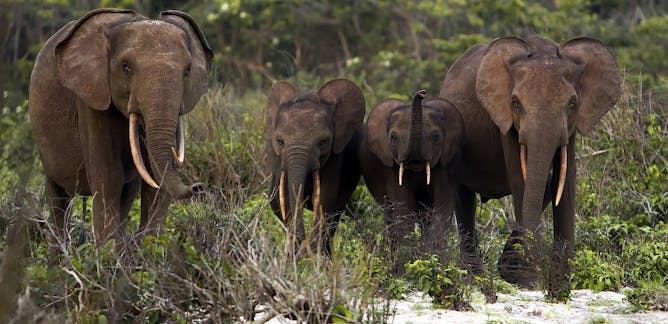
Ahimsa Campos-Arceiz, University of Nottingham
A new study shows these elephants boost the carbon stored in their forests by 7%.
|
|
|
Podcast
|
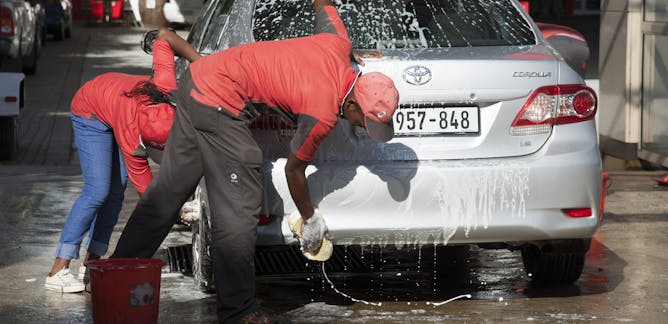
Ozayr Patel, The Conversation
In South Africa, it is possible to be employed and still poor.
| |
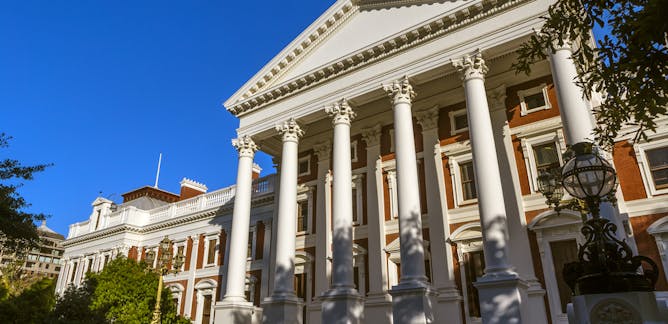
Ozayr Patel, The Conversation
Appointing a credible director can be a step in the right direction for South Africa's parliamentary budget office.
|
|
|
From our international editions
|

Jamie Hartmann-Boyce, University of Oxford; Caitlin Notley, University of East Anglia
Paying people to quit smoking seems unfair, but that doesn't mean we shouldn't do it.
| |

Natasha Lindstaedt, University of Essex
President Donald Trump has appealed to his base by attacking four Democratic Congresswomen of colour.
|
|
|
En français
|
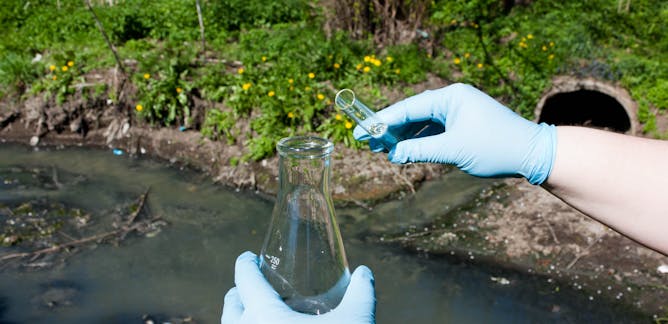
Hélène Blanchoud, Sorbonne Université
En France, les pesticides constituent la première source de pollution des cours d’eau. Mais de nombreuses autres substances restent difficiles à détecter.
| |

Dennis Rodgers, Graduate Institute – Institut de hautes études internationales et du développement (IHEID)
Être membre d’un gang de trafiquants de drogue peut avoir certains avantages si on cherche à se forger une vie loin de toute activité illicite.
|
|
|